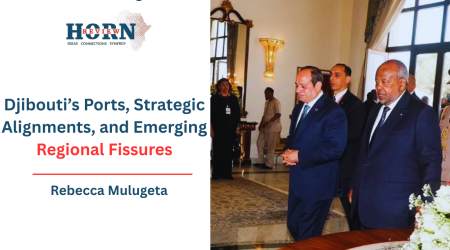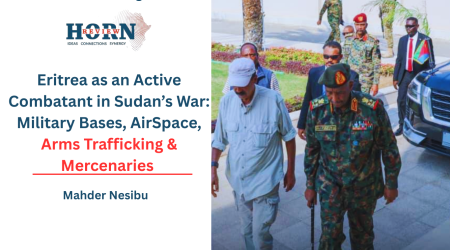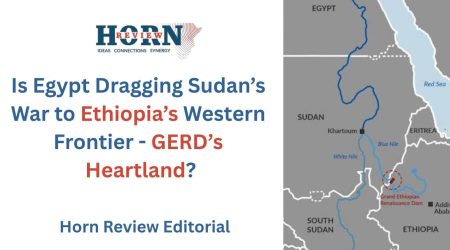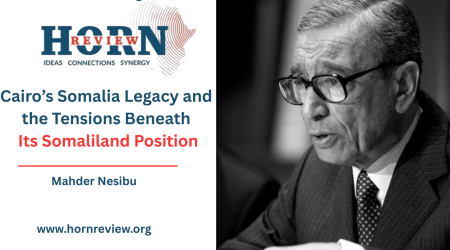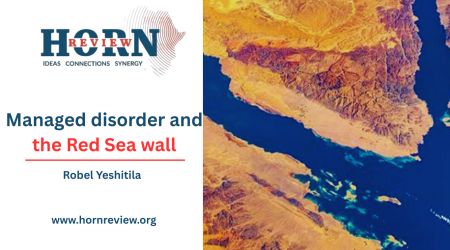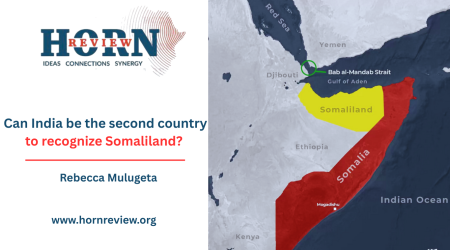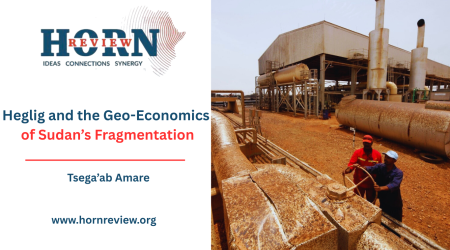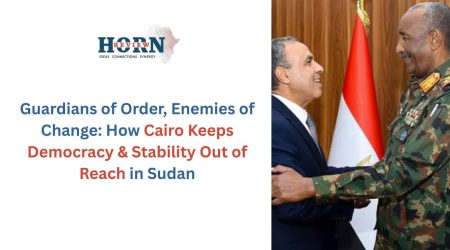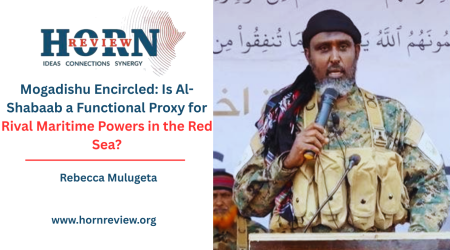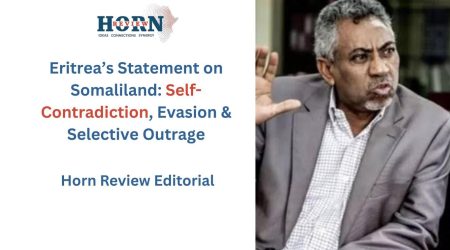
22
May
Preemptive Payoff: Nigeria’s Debt Maneuver and the Rise of African Economic Sovereignty
Nigeria’s recent early repayment of its $3.4 billion IMF Rapid Financing Instrument (RFI), concluded seven months ahead of its October maturity, transcends mere national fiscal achievement. Secured in 2020 amidst global pandemic-induced economic shocks, this maneuver by Africa’s largest economy now stands as a potent symbol and potential playbook for a wider African aspiration: a strategic recalibration of relationships with international financial institutions (IFIs) and a robust assertion of greater economic sovereignty.
To obtain favorable lending rates and gain access to much-needed foreign direct investment (FDI), nations throughout Africa are carefully managing the need to exhibit fiscal prudence. For example, Ethiopia has started a massive “homegrown economic reform program” intending to stabilize its economy, reduce foreign exchange shortages, and enhance financial transparency. In July 2024, it secured a $3.4 billion IMF package and effectively moved toward a market-determined exchange rate regime, following a directive. Nigeria’s action, championed actively by the administration of President Bola Ahmed Tinubu as unequivocal evidence of improved public finance management, is designed to convey a clear message to global capital markets.
Mohammed Idris, the Minister of Information, emphasized that this element is essential to the plan aimed to effectively manage inherited liabilities and establish a new standard of financial restraint. The overarching message, that an African economic giant is turning the page to openness and reliability, is a political narrative that many on the continent hope to craft in order to boost investor confidence and secure the crucial inflows for long-term growth.
Historically, international financial institutions (IFIs) and African nations have engaged in particularly complicated negotiations, tending to be marked by asymmetry in terms of conditionality, policy autonomy, and development priorities. The recent Nigerian debt restructuring is framed as an affirmative effort to change its status from that of a supervised borrower to that of a peer partner in international financial negotiations. This is strongly reflected across the continent, as there is an expressed strengthening of the need for what Nigerian Presidential adviser Mr. O’tega Ogra termed as a “partnership-based relationship, not of dependence.” This strategic change is an important agenda for Africa, one that is meant to re imagine the underlying rules and mechanisms of international economic governance.
For Nigerian and other African governments, implementing politically expensive but necessary actions, like subsidy rationalization and aggressive mobilization of revenues, brings considerable fiscal dividends that get translated into unassailable political capital. The government of Nigeria hopes to capitalize on this speedy repayment to build political assets, thus projecting an image of efficiency at a time when many Africans look up to it anxiously about the rising cost of living and continuing structural shortcomings in key industries. This political strategy of leveraging fiscal competence to assuage public apprehension stemming from reforms is a high-stakes balancing act endemic to numerous African administrations.
In this backdrop, Nigeria’s early settlement of its IMF loan thus emerges as a compelling case study. By proactively managing its external liabilities, Abuja’s proactive prepayment sets an example of what other fiscally stressed countries can achieve by taking control of externally owed debt, which could cause its regional counterparts to pursue analogous prepayment where it is economically as well as politically feasible or, at minimum, fiercely negotiate better terms of lending agreements subsequently.
At the same time, the creditor landscape on the continent is changing dramatically, with bilateral lenders, most notably China, now controlling a sizable portion of external funding. Such shifting power dynamics involve different frameworks of conditionality and intricate geopolitical implications. An effective and active engagement of traditional institutions like the IMF, as is being done by Nigeria, will strengthen other capitals in Africa to negotiate assertively, in partnership with an increasingly diverse set of partners, hence greatly strengthening their capacity to mobilize needed financing for development, energy, and infrastructure initiatives.
The broad political-economic environment that many African nations, and Nigeria in particular, face is still extremely complex despite these symbolically significant gains. Fiscal resources throughout the continent continue to be severely strained by large compound debt liabilities, including substantial debt to China and the African Development Bank, as well as approximately $17.3 billion in Eurobonds and $17.8 billion to the World Bank as of year-end 2024.
Entrenched structural impediments such as chronic tax administration inefficiencies, pervasive governance deficits, and the inherent volatility of commodity revenues act as critical constraints on fiscal sustainability in many African states. Politically driven calls for accountability, as embodied by activists in Nigeria calling for an investigation into how the Nigerian Renewed Facility for Investment (RFI) fund was originally managed, are an issue of widespread governance challenge that is heard across the continent. Although Nigeria will still incur modest SDR service charges (approximately $30 million annually until 2029), somewhat tempering narratives of complete IMF disengagement, the political imperative of accountability in the deployment of borrowed funds remains paramount for maintaining public trust and the legitimacy of any government’s fiscal strategy across Africa.
African countries need debt management, mobilization of resources, international coordination, governance reforms, and regional integration for economic sovereignty. Settlement of IMF debt, such as Nigeria’s $3.4 billion RFI, can enhance market confidence, renegotiate creditor conditions, and entice balanced partnerships. The G20 Common Framework calls for private creditors’ reforms in support of the African Union’s debt relief. Greater domestic resource mobilization is needed, as witnessed in Ghana’s drive towards digitization. Nigerian subsidies and Kenyan tax reforms require smart saving and social safety nets for the vulnerable. African countries need to interact with global players such as IFIs and China, emphasizing sustainability, tech efforts, collective bargaining, and transparent national plans. There should be zero tolerance for corruption and unsound fiscal handling, since governance inefficiencies waste resources and undermine trust. It is important to fast-track the AfCFTA in order to improve economic resilience, decrease dependency on external sources, and increase the regional value chains through investment in trade infrastructure.
The “new playbook” for Africa is built on principal determinants: solid political backing for the policies, institutional capacity for both fiscal and debt management, and popular support through transparency and equitable economic distribution. Decisions should be informed through evidence-based adaptive methods. Because true economic sovereignty transcends fiscal reform; it demands multifaceted, knowledge-based economies. In the face of adversity, the continent demonstrates increasing resolve in charting an independent economic course and rising global presence.
By Tsega’ab Amare,Researcher,Horn Review

